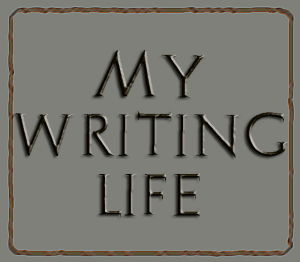#amwriting: submissions: discovering who wants them and how to manage your backlist
Sooner or later you need to develop a name for yourself outside social media, and the best way to do this is to engage readers directly with your short stories and poems. Not on your blog, not on Twitter, but in print and online publications. Connie Jasperson’s guide to Submittable1 is one of the best introductory explanations I’ve seen. Submittable tracks your submissions connects you to publications looking for writers and even sends regular emails with useful tips and information (some of which I
Submittable tracks your submissions connects you to publications looking for writers and even sends regular emails with useful tips and information (some of which I reposted). Note: This post contains other links you may want to bookmark.
1You should bookmark the Submittable link too. That’s why I included it, again, in the footnote: https://www.submittable.comback
 I’m a member of several author groups who regularly meet in online chat-rooms to talk about the craft. Every member of these groups are published authors, some traditionally, and some Indie. Many are hybrid, with work both traditionally and Indie published.
I’m a member of several author groups who regularly meet in online chat-rooms to talk about the craft. Every member of these groups are published authors, some traditionally, and some Indie. Many are hybrid, with work both traditionally and Indie published.
Much of what we discuss involves the problems we face in developing marketing strategies. While we all agree that only publishing work that is of the highest quality is of paramount importance, one thing is clear: the greatest hurdle Indie authors face is getting our work in front of readers’ eyes.
Therefore, we write short stories and submit them to various anthologies, magazines, and contests. Those of us who write in less popular genres have fewer sales of our novels through Amazon and other eBook sales outlets, which makes it even more important for us to submit short stories to the many contests and publications that are out there…
View original post 750 more words


Wind Eggs
As much as I admire Plato I think the wind eggs exploded in his face and that art and literature have more to tell us, because of their emotional content, than the dry desert winds of philosophy alone. ...more
- Phillip T. Stephens's profile
- 31 followers




